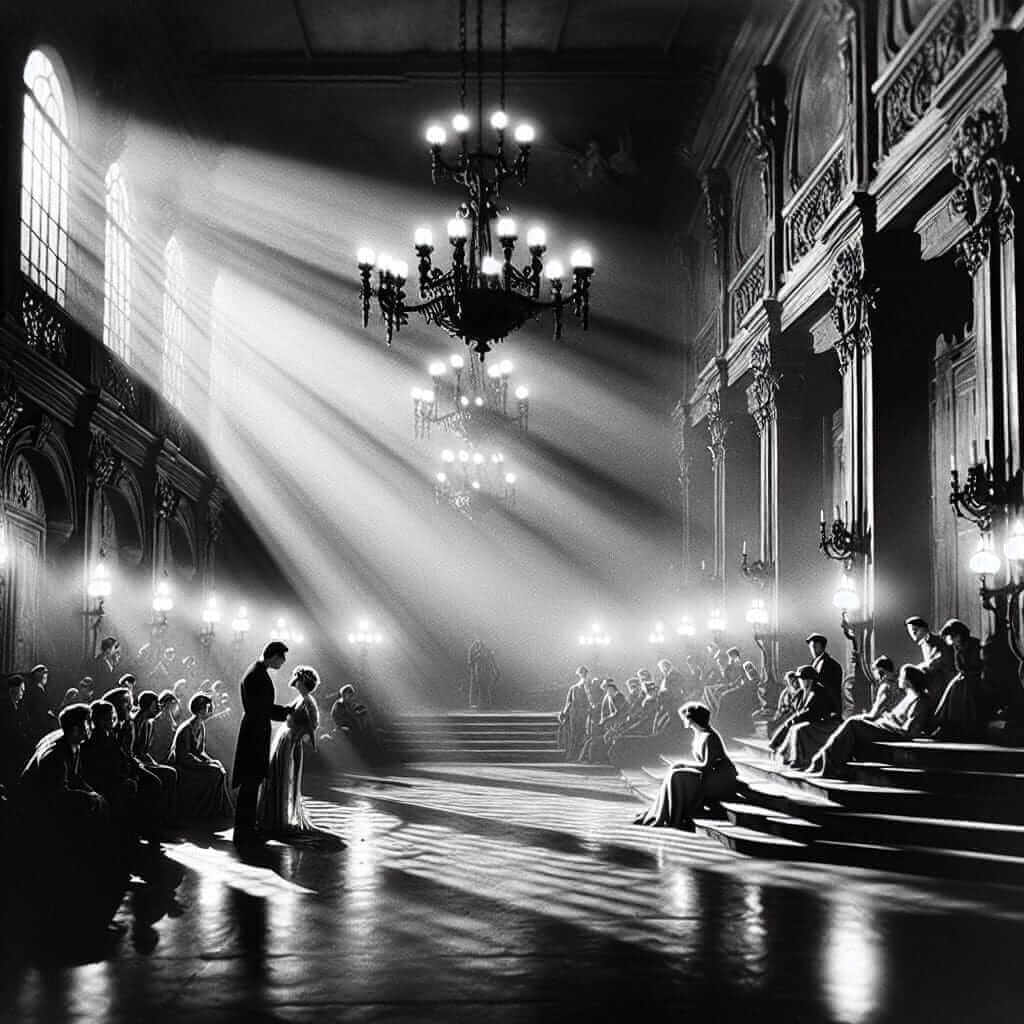As an IELTS instructor with over 20 years of experience, I’ve encountered countless students grappling with the “What kinds of movies do you like best?” question in the IELTS Speaking test. This seemingly simple question often throws test-takers off guard, leading to generic responses and missed opportunities to showcase their language skills.
This article serves as your comprehensive guide to not only acing this common IELTS topic but also understanding the nuances of discussing your movie preferences in English.
Why This Topic Matters in Your IELTS Speaking Test
The IELTS Speaking test assesses your ability to communicate effectively in English. While it may seem like a simple question about personal preference, the “movies” topic allows examiners to evaluate several key skills:
- Vocabulary Range: Can you go beyond basic terms like “good” and “interesting” to describe films and genres?
- Fluency and Coherence: Can you speak smoothly and connect your ideas logically when discussing movies you enjoy?
- Grammar Accuracy: Do you use a variety of grammatical structures correctly when talking about your favorite films?
- Pronunciation and Intonation: Can the examiner understand you clearly, and do you use intonation to convey your enthusiasm or opinions?
Deconstructing the “What Kinds of Movies Do You Like Best?” Question
Let’s break down how to formulate a strong and engaging response to this question:
1. Identify Your Favorite Genres
Don’t just say “I like action movies.” Be specific! Do you enjoy fast-paced superhero films or gritty crime thrillers? Are you drawn to romantic comedies, historical dramas, or thought-provoking documentaries?
Example:
- “I’m particularly drawn to psychological thrillers. I find the suspense and unexpected plot twists incredibly engaging.”
- “I have a soft spot for classic black and white films. The cinematography and timeless stories never fail to captivate me.”
2. Explain Why You Like These Genres
This is your chance to demonstrate vocabulary and provide deeper insights into your preferences. Use descriptive language to explain what appeals to you.
Example:
- “Psychological thrillers keep me on the edge of my seat. I love trying to decipher the characters’ motives and predict the ending.”
- “I appreciate the artistic beauty of classic black and white films. The use of light and shadow creates a unique atmosphere that I find very appealing.”
3. Provide Examples of Movies You Enjoy
Mentioning specific film titles strengthens your response and allows you to showcase your knowledge of English-language cinema.
Example:
- “One of my all-time favorite psychological thrillers is The Silence of the Lambs. The performances are brilliant, and the story is both terrifying and thought-provoking.”
- “I recently re-watched Casablanca, a classic black and white film. The love story is timeless, and Humphrey Bogart’s performance is iconic.”

4. Connect to Your Experiences (If Possible)
Have you seen a film that resonated with you on a personal level? Sharing a brief anecdote can make your response more memorable.
Example:
- “I studied psychology in university, so I’m always drawn to films that explore the complexities of the human mind. That’s why I find psychological thrillers so fascinating.”
- “Growing up, my grandparents introduced me to many classic films. Those experiences sparked my lifelong love for cinema.”
Example IELTS Speaking Test Response
Examiner: “What kinds of movies do you like best?”
Candidate: “I’m a big fan of science fiction films, especially those that explore dystopian futures. I find the combination of imaginative storytelling, futuristic technology, and thought-provoking themes really compelling. One of my favorite examples is Blade Runner 2049. The stunning visuals and philosophical questions it raises about artificial intelligence stayed with me long after the credits rolled. I also enjoy discussing these types of films with friends and family, as it often leads to interesting conversations about the future of society.”
Tips to Excel
- Use a Variety of Vocabulary: Instead of repeating “interesting,” explore synonyms like “captivating,” “engaging,” “thought-provoking,” or “visually stunning.”
- Practice Speaking Fluently: Record yourself answering practice questions to identify areas where your speech is hesitant or your ideas lack connection.
- Don’t Be Afraid to Be Specific: The more specific your examples and explanations, the more genuine and engaging your response will be.
Conclusion
Mastering the “What kinds of movies do you like best?” IELTS Speaking topic requires more than just stating your favorite genres. It’s about demonstrating your command of English vocabulary, fluency, and coherence. By following the strategies outlined in this article, you can confidently approach this common question and turn it into an opportunity to impress the examiner.